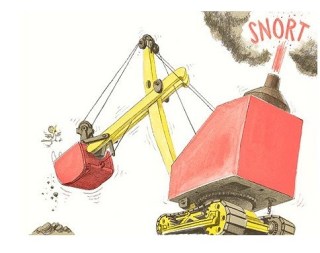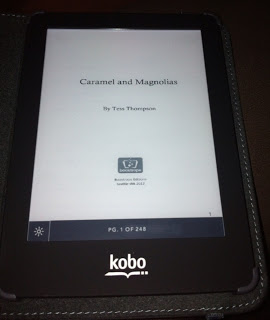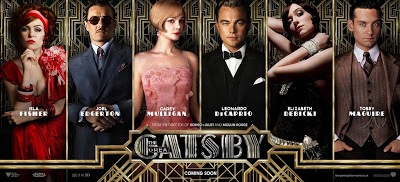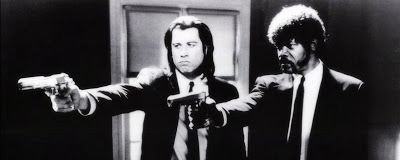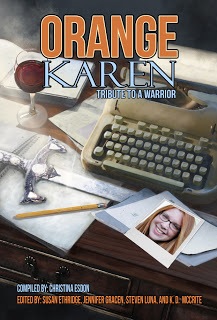Back on April 28 I published a post on the hype surrounding the recent theatrical release of The Great Gatsby. I surmised that the prevailing thought of the general public would be that the movie, even with all of its Leonardo DiCaprio-ness, would not be as good as the book. Now, to be fair, in that case I had not actually read the book so I was pulling from general opinions on the subject and personal history with other works of fiction. I did end with the statement that I would probably read the book and I would definitely see the movie, with any amount of luck in that order.
Well, I haven’t read the book yet, but last night my wife and I got a sitter and went out to see the movie. Here’s how things were set up heading into my first Gatsby experience:
- I had a vague idea of the plot
- I knew previous versions of the movie were not remarkably well reviewed
- I made a point of avoiding reviews, but did overhear a stranger say the movie was “not very good”
- I am not a big Leonardo DiCaprio fan
- For some reason, the movie was also being shown in 3D
- For some reason Carey Mulligan reminds me of Michelle Williams
So there you have it. I am about as clueless as you can be on the subject, with only a slight bias clouding my judgement (there’s the Leo thing, but I paid my 10 bucks so I was willing to give him a shot, and there’s the whole post I did about people thinking the book would be better. Other than those things I’m completely neutral).
When it finished, this older lady sitting next to me asked me what I thought and I had to be honest with her. I said, “Sadly, I have not read the book so I can’t make the comparison, but I liked the movie.” On my way out, my wife and I were discussing it and I summarized my thoughts more succinctly:
A good story is a good story.
And that’s exactly what The Great Gatsby is. It’s a good story. If the latest film stayed even remotely true to the novel I can see what all the hullabaloo was about. That F. Scott Fitzgerald guy was on to something, I’m sure of it. I can also see why some people would put the story into the category of “Classics”. It had murder, intrigue, fantasy, love, sex, conflict, alcohol, and lavish parties – all set in a suburb of New York City. Hell, if all of those things aren’t the ingredients for a good story, then I don’t know what would be.
So it happened that a funny thing occurred after I went to see a movie… For all the right reasons I left the theatre desperately wanting to go read a book.
~ Andrew





